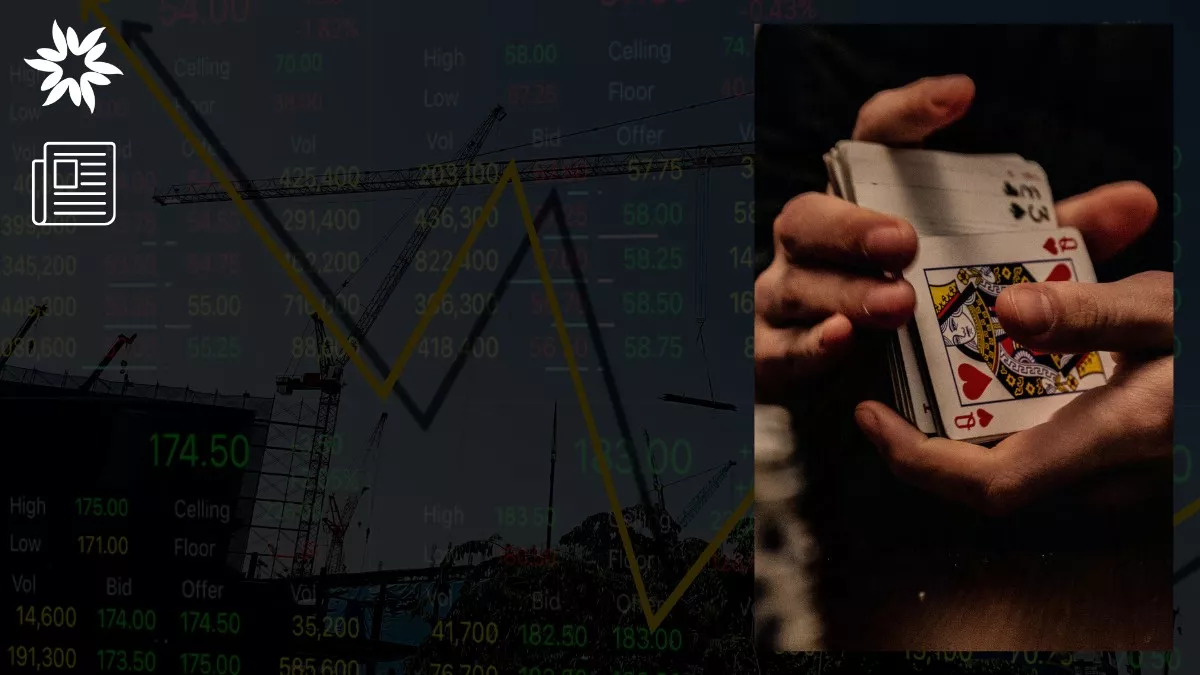2024 was an important year for the Asian gambling industry.
China continued to strictly enforce its rules against gambling outside the country, which affected policies and markets across the region.
At the same time, Macau, the only place in China where gambling is allowed, celebrated 25 years since returning to Chinese rule by starting to focus on building industries outside of casinos.
Other parts of Asia also saw big changes, such as the opening of new luxury casinos in South Korea and the Philippines and upgrades to existing casinos in Singapore.
With new technologies like smart gaming tables and changing rules for junkets in Macau, the gambling industry faced many challenges but showed how it could adapt.
Let’s now discuss one by one the major events, trends, and innovations that shaped the gambling world in 2024.
Key Takeaways
- China’s strict overseas gambling laws continued to affect gaming markets across Asia, influencing regional policies and operations.
- Macau’s efforts to diversify its economy became a priority during its 25th-anniversary celebrations of returning to China.
- Innovations and growth in Asia-Pacific casinos, like smart gaming tables and new luxury resorts, showed the industry’s ability to adapt despite challenges.
China Cracks Down on Overseas Gambling
In 2024, China continued its strict rules against gambling outside the country.
The rules were first introduced in 2021, and they made it illegal to help anyone gamble across borders; the government has been actively enforcing them ever since.
Throughout the year, Chinese embassies in popular gambling areas like Southeast Asia issued warnings to their citizens, where they advised them to stay away from overseas gambling.
China’s tough stance on gambling had effects across the Asia-Pacific region.
For example, Thailand, considering legalizing casinos by October 2025, was warned not to focus only on attracting Chinese players.
At a meeting in Bangkok, experts said it would be risky to rely too much on Chinese visitors due to China’s strict rules.
Other places, like Cambodia, also saw fewer high-spending gamblers in 2024.
Although casinos in the region didn’t directly blame China’s rules, other global issues, such as trade tensions and the ongoing war in Ukraine, may have contributed to the decline.
Macau Focuses on Building More Than Casinos
In 2024, Macau celebrated 25 years since it returned to Chinese rule.
It is still the only place in China where gambling is legal, and it earns a lot from its casinos.
In 2023, gambling made $22 billion, which is 80% of Macau’s tax income.
However, this is far less than the $38 billion earned in 2012, before China started cracking down on corruption and gambling.
During a visit to Macau, President Xi Jinping called on the city to develop industries other than gambling.
He said Macau should focus on businesses that can compete globally.
In line with this, the new chief executive, Sam Hou Fai, promised to take action quickly.
Sam is the first Macau leader born in mainland China and speaks Portuguese fluently.
Big Changes for Junket Businesses in Macau
The junket industry in Macau, which focuses on attracting VIP gamblers, went through major changes in 2024.
New rules mean junkets can only work with one casino and can no longer run their VIP rooms or lend money to players.
Now, their role is more about promoting casinos.
A new system is being tested where junkets help operate VIP rooms directly managed by casinos.
According to U Io Hung, who leads Macau’s junket association, this model is already working well at casinos like Galaxy Entertainment and Melco Resorts.
Even with this new approach, junket numbers have fallen.
In 2013, there were 235 licensed junkets.
By early 2024, only 18 remained, though this increased slightly to 23 by the end of the year.
To keep the industry under control, the Macau government has set a limit of 50 junket partnerships for each casino operator in 2025.
Casino Growth and New Technology Across Asia
Casinos in the Asia-Pacific region continued to grow and use new technology to stay competitive in 2024.
Singapore’s Casino Expansions
Singapore’s two major casinos, Resorts World Sentosa and Marina Bay Sands, worked on expanding.
Resorts World started building a new waterfront area in November, while Marina Bay Sands focused on a $1.75 billion upgrade to its towers, which should finish by mid-2025.
Marina Bay Sands also began a larger $8 billion expansion to add another hotel tower and more gaming areas by 2029.
This is expected to boost earnings by 40%.
To attract more visitors, Singapore allowed visa-free travel for tourists from China in February.
As a result, it’s easier for mainland Chinese to visit Singapore’s casinos.
New Casinos in South Korea and the Philippines
In South Korea, the Mohegan Inspire Entertainment Resort opened in February.
This is the first foreigner-only casino run by the U.S.-based Mohegan Tribal Gaming Authority and marks its entry into Asia.
Solaire Resort North, a $1 billion property with 526 rooms, was launched in the Philippines in May.
This luxury casino, located in Quezon City, is expected to draw high-end tourists and strengthen the Philippines’ reputation as a casino destination.
New Technology in Macau’s Casinos
In 2024, Macau casinos embraced new technology to improve their operations and attract players.
Smart gaming tables, equipped with advanced tracking and surveillance systems, were introduced to make casinos more efficient and secure.
By May, many casinos in Macau also added a new baccarat side bet called “Small 6/Big 6.”
This game offered exciting payouts for players but also increased the house’s advantage, which shows how casinos are finding ways to remain profitable.
A Year of Big Changes for Gambling in Asia
The year 2024 brought big changes to the gambling industry in Asia.
China’s strict rules against gambling abroad continued to affect casinos, and it made them find new ways to bring in players and stay successful.
At the same time, Macau started focusing on building other parts of its economy so it wouldn’t depend so much on gambling.
Even with these challenges, new casinos and gaming technologies helped the industry grow and stay competitive.
As 2025 begins, the gambling industry must stay flexible and adjust to new rules and changing markets.








